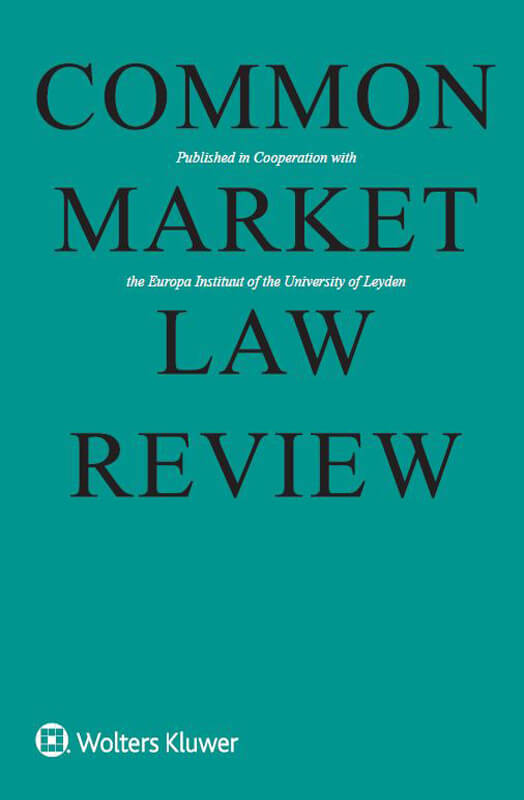Home > All journals > Common Market Law Review > 56(5) >

$25.00 - Rental (PDF) *
$49.00 - Article (PDF) *
Tobias Lock
Common Market Law Review
Volume 56, Issue 5 (2019) pp. 1201 – 1226
https://doi.org/10.54648/cola2019100
Abstract
This article analyses the distinction between rights and principles in the EU Charter of Fundamental Rights. On the basis of an analytical definition of Charter rights, it shows that Charter principles differ from Charter rights in nature: they are non-relational and not intersubjective; they contain mere duties without corresponding claim-rights. This has consequences for their justiciability, which the Charter itself limits. The article dismisses any suggestion that the characterization of a Charter provision as belonging to the realm of economic, social and cultural rights determines its nature as a principle. Instead, a more nuanced approach is advocated. It further argues that Charter principles are binding regardless of their implementation and that the latter only matters for their justiciability.
Keywords
EU Charter of Fundamental Rights, principles, rights, justiciability, economic, social and cultural rights
Extract
